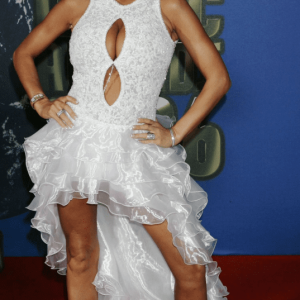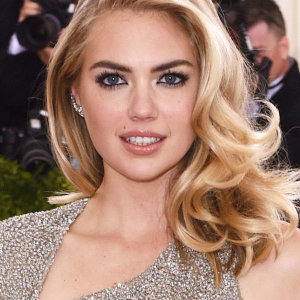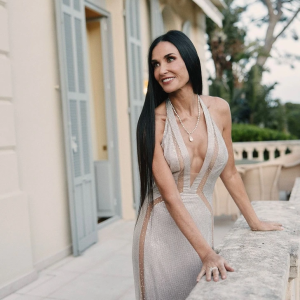Anna Faris has long been a staple of American comedy, known for her signature blend of charm, wit, and vulnerability. But it was her standout performance in the 2008 hit film The House Bunny that truly solidified her status as one of the most dynamic comedic actresses of her generation. In this role, Faris didn’t just deliver laughs—she delivered heart, meaning, and a performance that continues to resonate with fans more than a decade later.
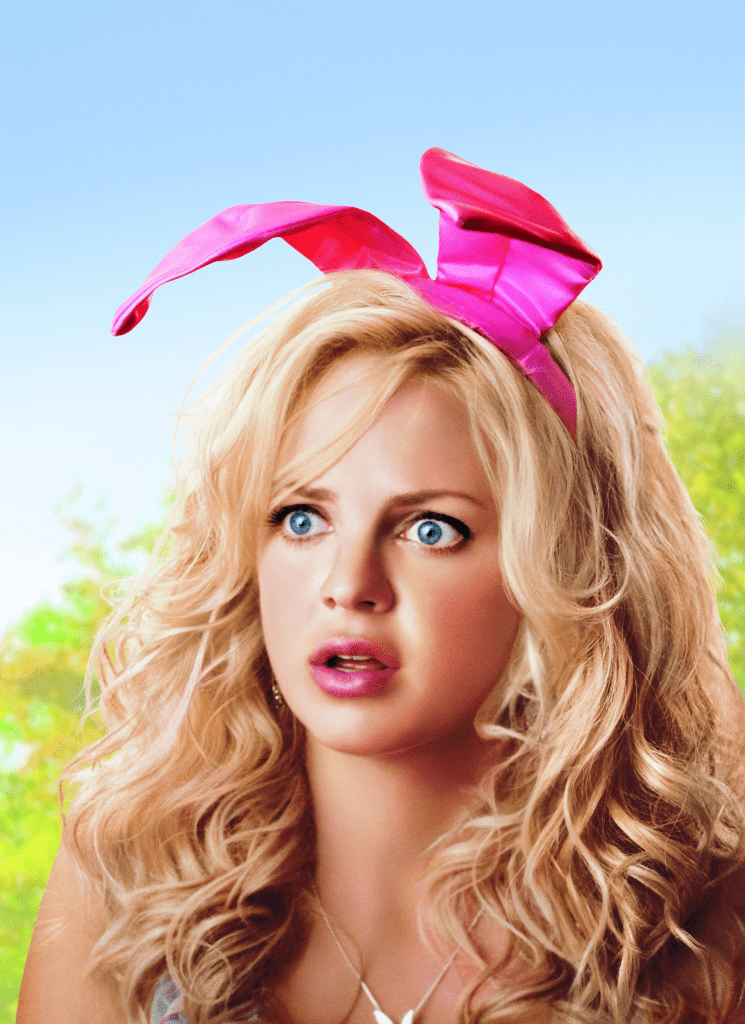
The Story That Sparked a Modern Classic
The House Bunny follows the story of Shelley Darlingson, a sweet and somewhat naive woman who suddenly finds herself without a home after being unexpectedly evicted from the only glamorous life she has ever known. With nowhere else to go, Shelley stumbles upon a misfit sorority full of socially awkward, overlooked young women. Rather than turn away, Shelley embraces the challenge of helping them discover confidence, community, and individuality—all while undergoing her own journey of self-realization.
The film is built on a familiar comedic trope—the outsider stepping into a world they don’t understand—but what sets The House Bunny apart is its fresh, female-centered take that focuses on empowerment, identity, and growth.
Video: The House Bunny (2008) – Makeover Scene
Anna Faris as Shelley Darlingson: An Unforgettable Performance
Faris brings Shelley to life with a pitch-perfect performance that blends quirky humor with emotional authenticity. She gives the character a vibrant energy that’s hard to resist, making Shelley both hilarious and deeply relatable. Faris doesn’t play Shelley for cheap laughs—instead, she layers her performance with sincerity and warmth, turning what could have been a one-note role into a multidimensional portrait of someone learning to value herself and others.
Her comedic delivery is sharp, but it’s the subtle vulnerability beneath Shelley’s sunny disposition that makes the character so endearing. Faris nails every beat, from physical slapstick to tender introspection, effortlessly guiding the audience through Shelley’s transformation without ever losing the comedy.
Breaking Stereotypes with Style and Substance
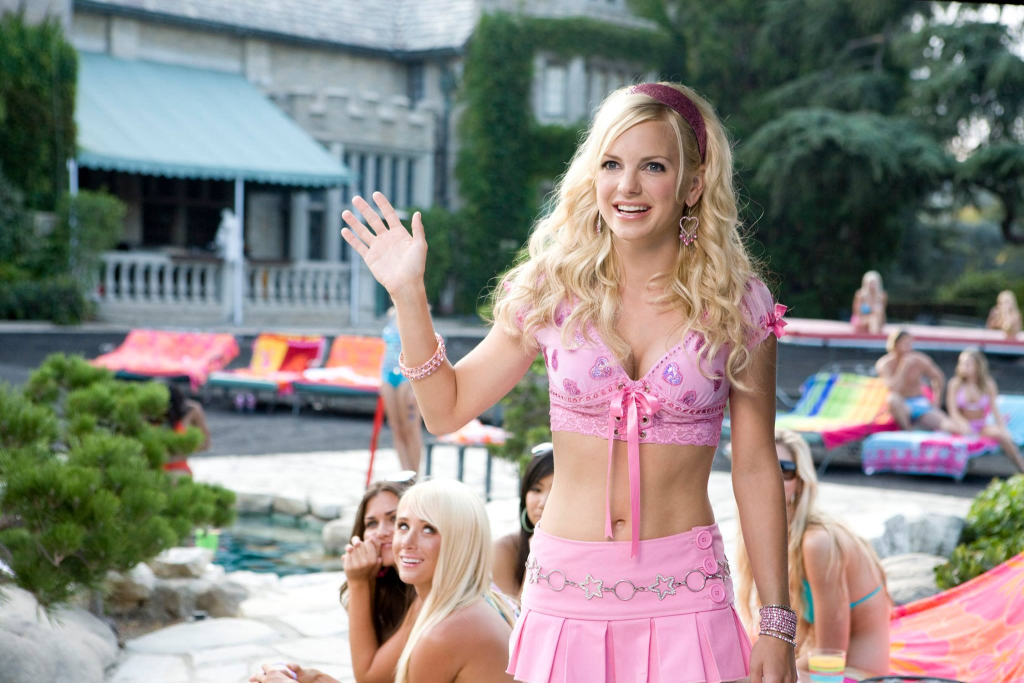
At its core, The House Bunny is a film about more than just sorority hijinks—it’s about smashing stereotypes and embracing authenticity. Shelley Darlingson begins the movie embodying a specific image of beauty and femininity, but as the story unfolds, she learns that identity is more than appearance—it’s about being true to oneself.
Faris plays a central role in this transformation. She doesn’t just act the part—she owns it, using humor to highlight serious themes like self-worth, acceptance, and personal growth. Her performance makes it clear that comedy can be a powerful tool for storytelling, capable of both entertaining and uplifting viewers.
A Film That Found Its Audience
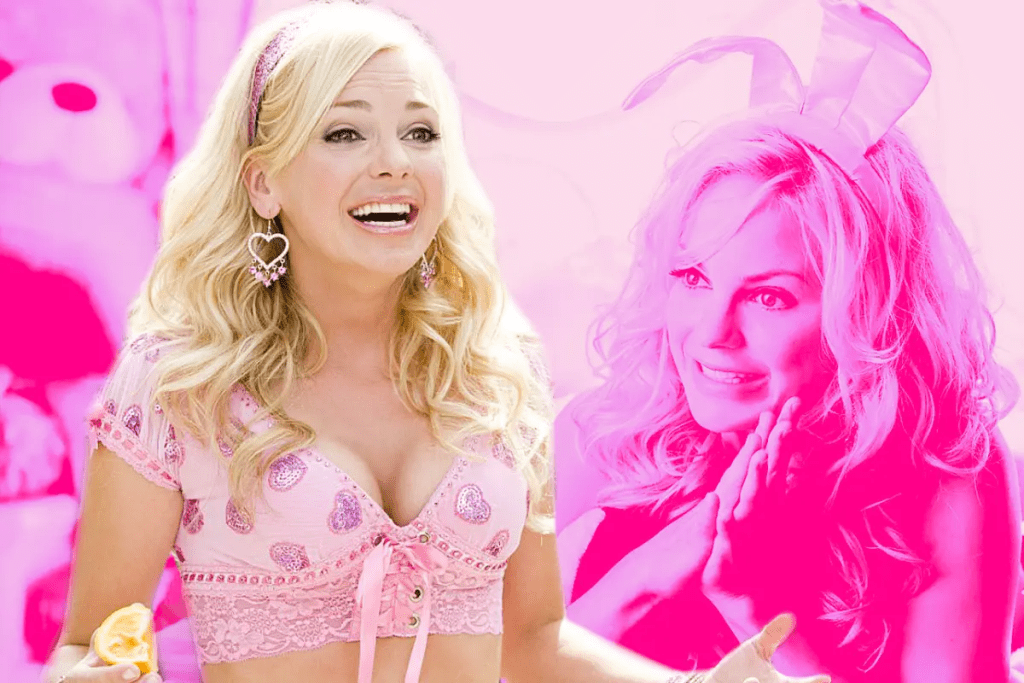
When The House Bunny premiered in 2008, it quickly struck a chord with audiences across generations. Fans were drawn to its blend of laugh-out-loud moments and heartfelt lessons. Much of the film’s success can be attributed to Faris’ irresistible portrayal of Shelley, a character who has since become a symbol of lighthearted resilience and optimism.
Critics praised Faris for her standout comedic timing and natural presence, while fans embraced Shelley’s sincerity and transformation. The film sparked conversations around inclusivity and breaking out of narrow definitions of femininity—conversations that are still relevant today.
Fearless, Physical, and Fiercely Funny
Video: The House Bunny: Car Wash Scene
What truly makes Faris shine in The House Bunny is her fearless commitment to the role. She throws herself into every scene with total abandon, whether it’s mastering the art of exaggerated facial expressions, tumbling down stairs, or delivering offbeat one-liners with deadpan brilliance.
This physicality sets Faris apart from many of her peers. She’s not afraid to be goofy, clumsy, or outrageous if it serves the story—and this fearless energy keeps the film lively and engaging from beginning to end.
Relatability in a Ridiculous World
Despite the film’s often over-the-top setting, Faris manages to keep her character grounded. Shelley may live in a world of high heels, glitter, and pageantry, but her struggles are deeply human: the desire to belong, the fear of rejection, the pursuit of purpose.
It’s this relatability that has helped The House Bunny endure. Even viewers who don’t share Shelley’s background can connect with her journey, and Faris’ performance is the bridge that brings those emotions to life.
A Career Milestone with Lasting Impact
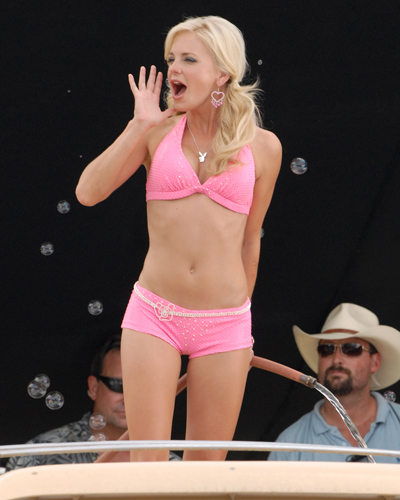
The House Bunny marked a pivotal moment in Anna Faris’ career. Though she was already known for her comedic chops in films like Scary Movie, this role allowed her to show more emotional range and depth. It also opened the door for a string of future roles that showcased her ability to lead both comedies and more dramatic projects.
Beyond the professional boost, the film helped solidify Faris as a fan favorite and role model. Her portrayal of Shelley Darlingson proved that comedy can be smart, empowering, and refreshingly heartfelt.
Why The House Bunny Still Matters
Years after its release, The House Bunny remains a cult favorite, especially among younger audiences who discover it through streaming platforms. It’s a reminder that lighthearted storytelling can still carry serious messages—and that a well-crafted comedy can be just as impactful as a drama.
At the heart of that success is Anna Faris. Her ability to bring humor, emotion, and authenticity together is what continues to make Shelley Darlingson an iconic character.
Conclusion: Anna Faris’ Comedic Legacy
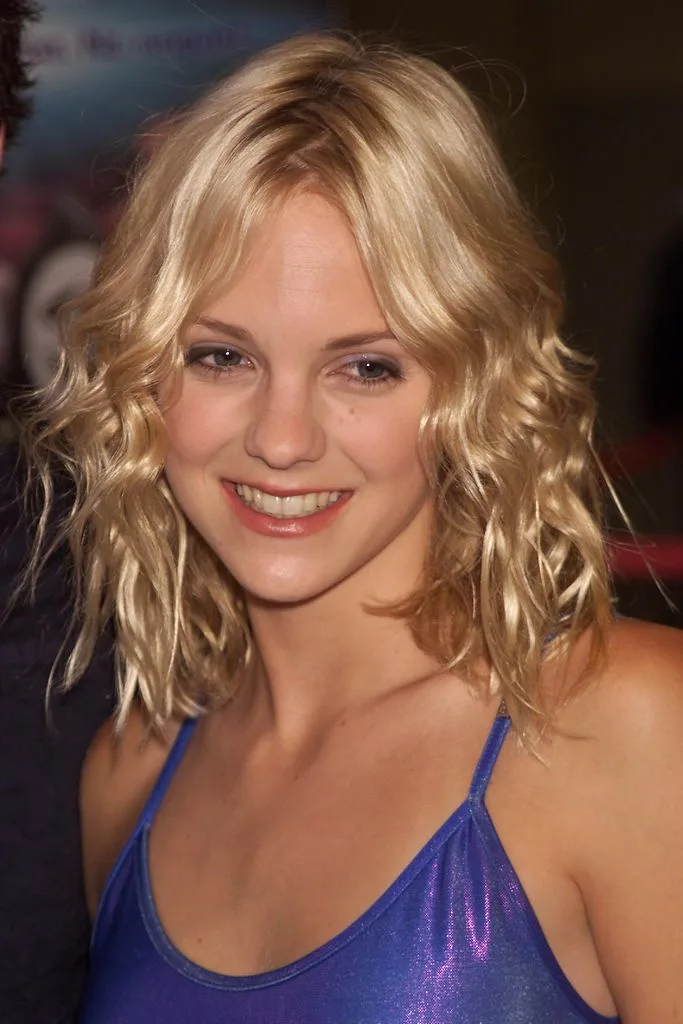
Anna Faris’ performance in The House Bunny is more than just a memorable role—it’s a comedic achievement that helped reshape how women in comedy are perceived. Through her brilliant work, she delivered a story that was funny, touching, and empowering, proving that comedy can do more than entertain—it can inspire.
As audiences continue to revisit The House Bunny, Faris’ portrayal of Shelley Darlingson remains a shining example of how a fearless actress can transform a simple character into a timeless symbol of confidence and self-love.
